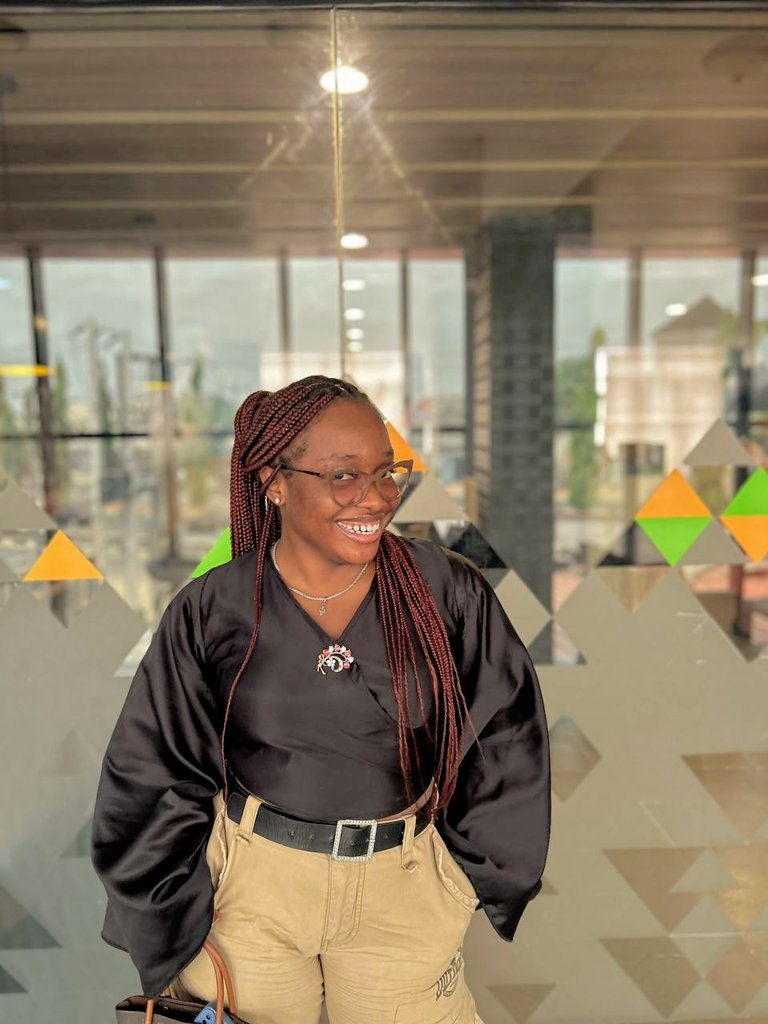Too Many Subjects, Too Little Skills
Nigeria: The Curriculum Overload
From my years in Nigeria’s 6‑3‑3‑4 system, I discovered what many of us experience: classrooms jam‑packed with up to 15 subjects at a time. We had Civic Education, Social Studies, Agriculture, Home Economics, Computer Studies (usually no computers in sight), Yoruba or Arabic, all layered on top of core subjects like Maths and English.
Researchers from the Nigerian Educational Research & Development Council (NERDC) found that too many subjects stifle creativity and reduce actual learning among junior secondary students, forcing schools into memorization loops rather than fostering real skill-development
Social Studies, originally designed to build civic awareness, now often draws from multiple disciplines with no practical focus, leaving students confused and unprepared
In university, the problem continues: students studying Banking & Finance still take Philosophy or Nigerian Peoples & Culture—adding pressure without boosting practical effectiveness.

Ghana: Similar Struggles, Small Innovations
Ghana follows a near-identical 6‑3‑3‑4 structure and wrestles with the same overloaded curriculum and rote-learning issue. However, there are early attempts at reform:
Some schools now offer Technical and Vocational Education and Training (TVET) alongside theory courses.
Digital tools and continuous assessments are increasingly used in practical subjects to move learning beyond exams.
Despite improvements, the system's foundation remains similar to Nigeria’s: quantity over quality, requiring urgent recalibration.
Western Systems: Fewer Subjects, Deeper Learning
Places like the UK, US, Canada, and Finland treat education differently:
A student takes around 6 to 8 subjects in high school and elects those subjects which are considered interesting or are in any way related to a career goal in mind.
The learning process involves projects, are inquiry-based, and creativity-oriented-not memorization, so to speak, multiple-choice style. Group work and thinking are celebrated, not disregarded.
The vocational paths (like the German apprenticeship system) are highly respected and appreciated for their effectiveness. Digital skills, public speaking, personal finance, and life management classes are standard.
Exams test application, not just recall—leading to graduates who understand context, not just content.
What Nigeria Can Learn
Merge overlapping subjects like Civic Education and Social Studies into one cohesive, practical course.
Replace any older curriculum such as old-time computer studies with present-day digital literacy (programming, online collaboration, cyber security).
Work skills that are considered realistic (and of course other skills too) parallels such as financial literacy, entrepreneurial skills, emotional intelligence, resume writing, and public speaking should be inculcated early on.
Normalize craftsmanship instead of stigmatizing it-the other practical career path for students besides university.
Train teachers to teach for modern life, not for exams—data from multiple sources show Nigerian classrooms still lean heavily on tradition, not inquiry or activity-based learning
Nigeria’s education system isn’t broken—it’s just stuck in the past. We teach too much, yet too little sticks. Our students are drowning in courses, but starving for relevant skills.
We must learn from Ghana’s cautious steps toward reform and borrow from flexible, student-centered Western models. When we reduce overload, heighten relevance, and empower teachers to teach differently, Nigeria’s students can thrive in a world that no longer rewards rote memorization—but deep thinking instead.
Note
AI-Free Content
Thank you for reading and commenting. Until next time 💐
Images used are mine.

Check out my previous HiveGhana posts.
https://ecency.com/hive-176874/@suqueen/raising-resilient-kids
https://ecency.com/hive-176874/@suqueen/waving-at-the-wrong-person
https://ecency.com/hive-176874/@suqueen/when-a-lost-gig-taught-affceedc4ffac
https://ecency.com/hive-176874/@suqueen/when-a-lost-gig-taught


Wow, this is a very thoughtful and timely write-up. The issue of curriculum overload really hits home—15 subjects is honestly overwhelming for any student, especially when the focus ends up being on memorization rather than understanding.
There are courses I study at the university; the only thing I did was just to cram and pass the course, so sad.
Really, the system limits creativity and makes learning feel like a chore rather than an opportunity for growth.
That why we need to find ways to change the system.
True
Thanks for sharing
I agree with you that the educational system in Africa is outdated but it's also rigged, only the well connected and Rich benefit from the system.
You are write, cause the send their ward aboard to study
Yes,
Congratulations @suqueen! You have completed the following achievement on the Hive blockchain And have been rewarded with New badge(s)
Your next target is to reach 3000 upvotes.
You can view your badges on your board and compare yourself to others in the Ranking
If you no longer want to receive notifications, reply to this comment with the word
STOPCheck out our last posts: